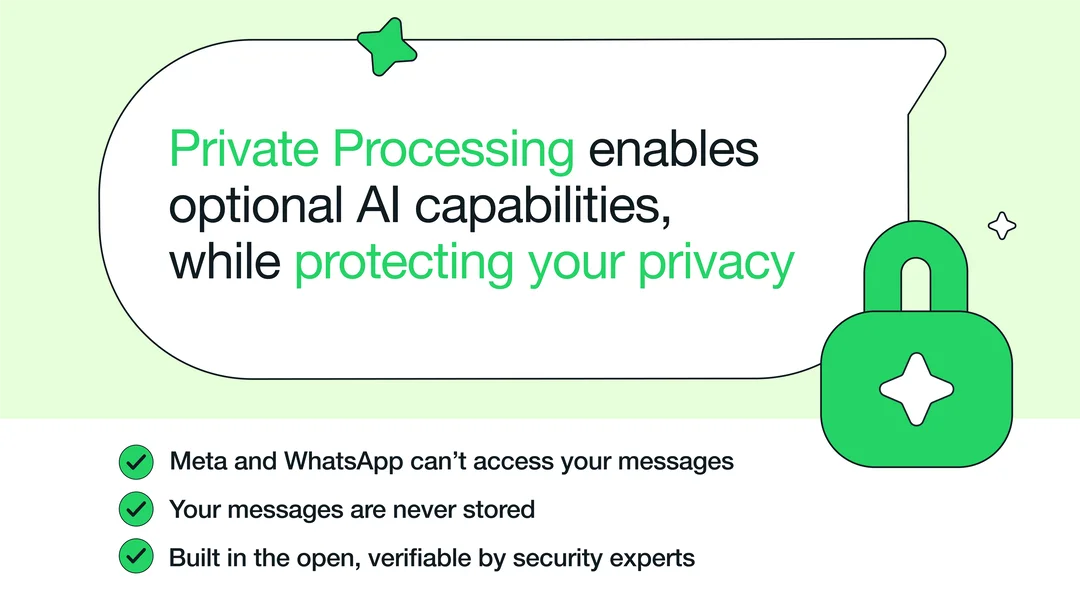
Lock Down Your WhatsApp Privacy: A Comprehensive Guide to Enhanced Security
WhatsApp privacy has become a paramount concern for users globally. In an era of increasing data breaches and surveillance, ensuring your conversations remain private is more critical than ever. This comprehensive guide delves into the various features and settings WhatsApp offers to help you lock down your privacy and keep your data secure.
WhatsApp employs end-to-end encryption (E2EE), a vital first step in securing your conversations. This means that your messages are encrypted from sender to recipient, preventing anyone, including hackers, law enforcement, or even Meta staff, from accessing the content. However, E2EE is just the foundation. WhatsApp provides several additional features to fortify your privacy.

One such feature is the ability to block chat exports. By default, anyone in a chat can export the conversation, potentially sharing your private messages. WhatsApp now allows you to disable this feature, preventing others from exporting shared conversations.
Another essential tool is the chat lock feature. This allows you to place specific conversations behind an additional layer of security, requiring a password or biometric authentication (such as Face ID or fingerprint) to access them. Locked chats are hidden above your other messages, adding an extra layer of protection should someone gain access to your phone.
Beyond individual chats, you can also secure the entire WhatsApp application with a biometric lock. This prevents unauthorized access to your entire WhatsApp account, even if someone bypasses your phone's lock screen. You can set the duration WhatsApp waits before requiring biometric authentication again.
Backup encryption is also crucial. While your WhatsApp chats are encrypted in transit, backups stored on Google Drive or iCloud are not encrypted by default. Enabling end-to-end encrypted backups ensures your backed-up conversations remain secure, requiring a unique encryption key or password for restoration.

Two-factor authentication (2FA) adds an extra layer of security when logging into WhatsApp on a new device. It requires a six-digit PIN in addition to your phone number, preventing unauthorized access even if someone obtains your phone number.
Finally, disappearing messages ensure that your chats are automatically deleted after a set period. You can set messages to disappear after 24 hours, 7 days, or 90 days, reducing the risk of long-term exposure.

Recently, WhatsApp has also been exploring the integration of AI features while striving to maintain user privacy. The introduction of Private Processing, a confidential computing infrastructure, aims to enable AI-powered features like message summarization without granting Meta or WhatsApp access to your messages. This involves secure, encrypted cloud environments where AI models can analyze data without exposing it to unauthorized parties.
However, experts caution that any system using off-device AI inference introduces inherent risks. Security researchers like Matt Green highlight that sending data to a data center for processing increases the potential attack surface, making these systems targets for hackers and nation-state adversaries. Despite these risks, WhatsApp maintains that users expect AI-driven features and aims to provide them in a privacy-preserving manner.
By leveraging these privacy features and staying informed about evolving security measures, you can significantly enhance your WhatsApp privacy. It's crucial to actively manage your settings and remain vigilant against potential threats.
What are your thoughts on WhatsApp's privacy measures? Do you believe they are sufficient, or do you have additional concerns? Share your opinions and experiences in the comments below!